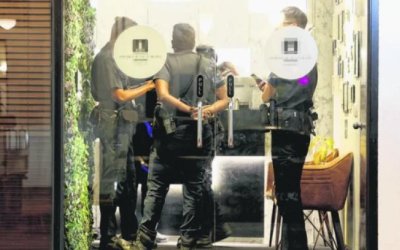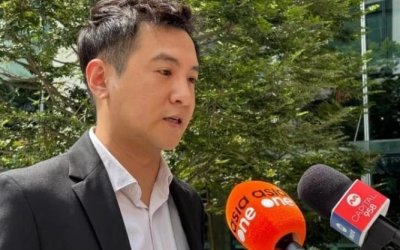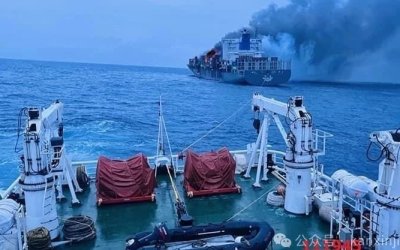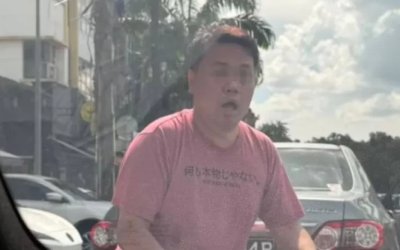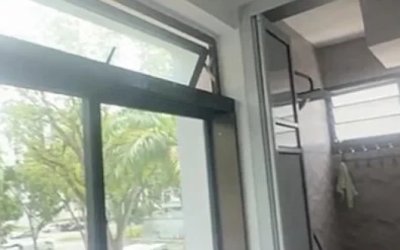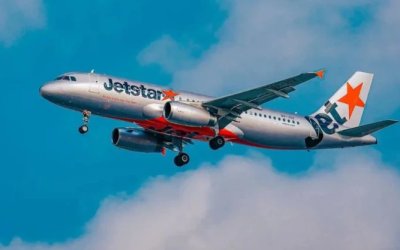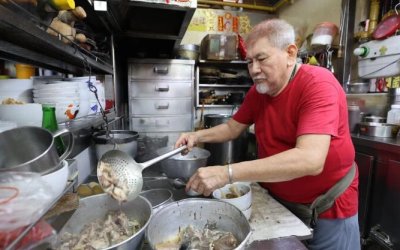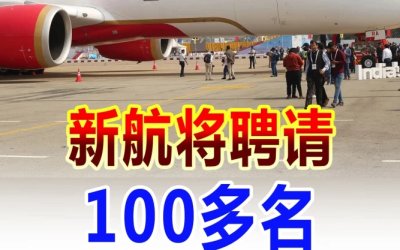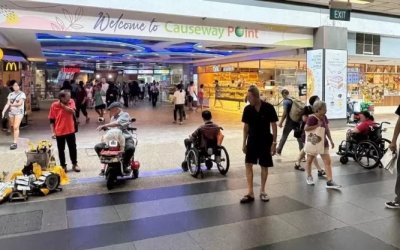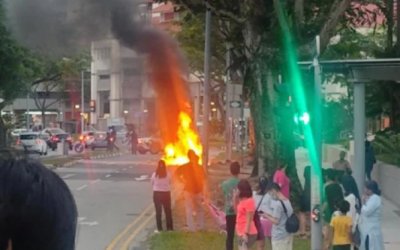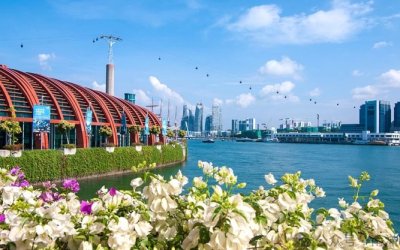2024年4月3日,新加坡交通部長和財政部第二部長徐芳達,答覆議員陳立峰有關使用可持續航空燃料的議題。
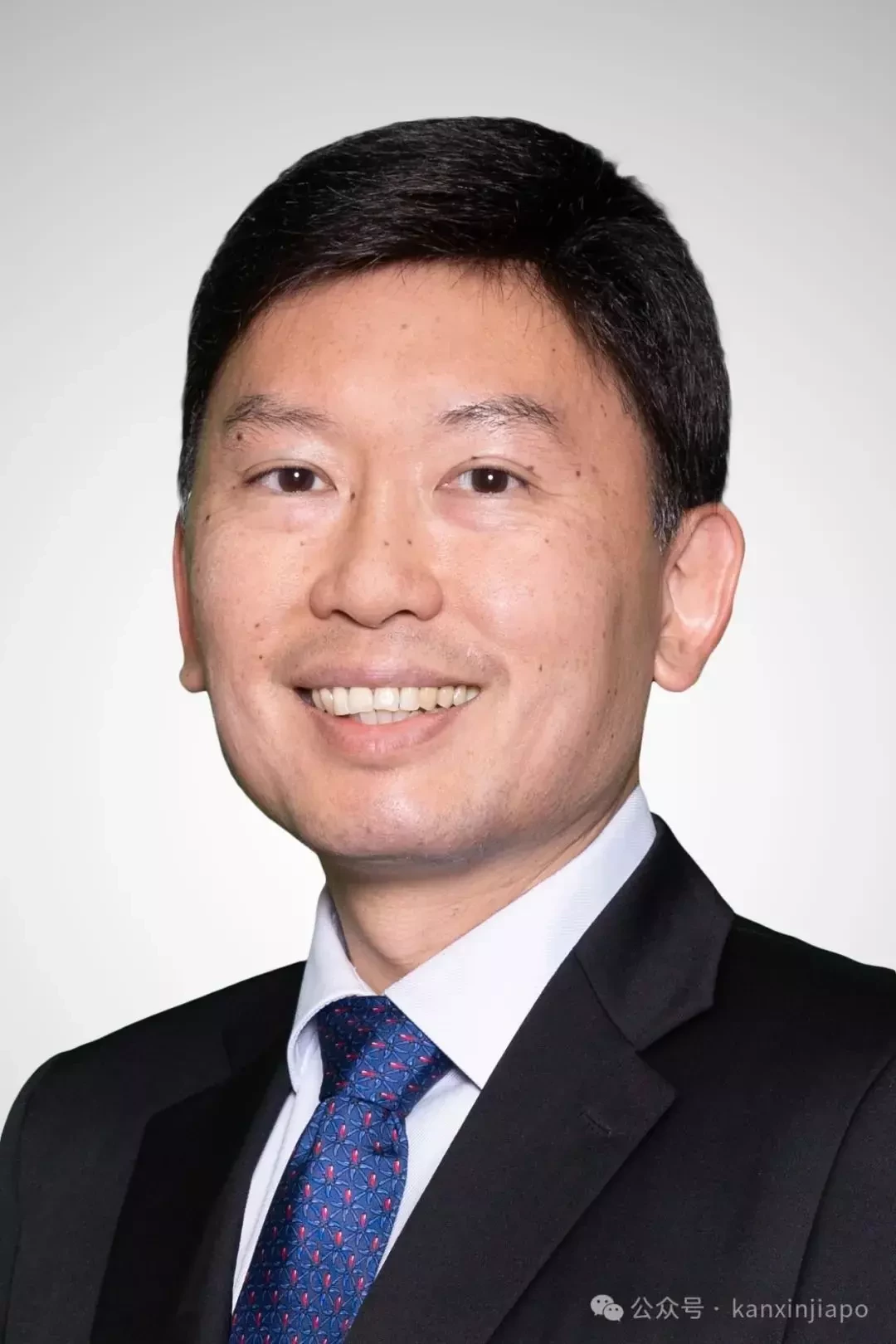
徐芳達
交通部長
財政部第二部長
碧山—大巴窯集選區議員
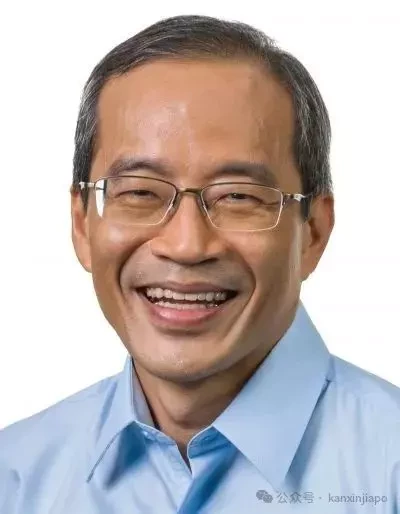
陳立峰
後港區議員
以下內容為新加坡眼根據國會英文資料翻譯整理:
陳立峰先生向交通部長提問:關於從2026年起,新加坡出發的航班必須使用可持續航空燃料(SAF)。
(a)交通部將使用哪些指標來監控全球動態以及SAF的更廣泛可用性和採用情況,以決定是否提高SAF目標;
(b)交通部是否有2026年至2050年期間使用SAF的預期目標。
交通部長徐芳達回答:議長先生,我們構建可持續航空燃料生態系統的方式在經濟競爭力和環境可持續性之間找到了平衡。
正如我們在2024年2月樟宜航空峰會期間宣布的那樣,我們會考慮其他航空樞紐對可持續航空燃料的採用方法、全球SAF的生產規模和供應情況,然後再決定2026年以後的SAF目標。
議長先生:陳立峰先生
陳立峰先生(後港區議員):感謝部長的回答。我有三個補充問題。第一,政府是否會考慮要求在新加坡起降的航空公司公布它們使用的SAF比例以及因此減少的排放量,以促進消費者對更環保航班的需求?
第二,在確定使用SAF減少的排放量時,政府是否會考慮燃料類型,因為某些類型的燃料,如基於農作物的燃料,可能會導致更多森林或草地的轉化並釋放儲存的碳,從而導致更高的生產排放?
第三,政府是否會研究英國、日本和歐盟等具有更高SAF目標的國家的計劃,以進一步提高我們的預期目標?
徐芳達:議長先生,從新加坡出發的航班是我們要求使用SAF的重點。如果是從其他國家飛來的航班,則由該航班起飛機場的有關當局對出發航班實施這一要求。
關於燃料類型,確實有標準,包括國際民航組織(ICAO)對符合SAF標準的燃料進行規定,新加坡將參考這些國際標準。
最後,我在樟宜航空峰會(Changi Aviation Summit)期間也提到,2026年1%的目標只是第一步。我們將繼續監測國際動態,並決定後續步驟。我認為在實現碳排放減少和保護我們航空樞紐的競爭力之間找到平衡非常重要,兩者都很重要。一個非常關鍵的因素,議長先生,是全球的生產和供應能力。
我們希望新加坡以及世界各地的其他當局向生產商發出信號,表示我們希望他們投資新的生產能力,這將有助於提高全球生產水平。

以下是英文質詢內容:
Mr Dennis Tan Lip Fong asked the Minister for Transport with regard to the new requirement for flights departing Singapore to use Sustainable Aviation Fuel (SAF) from 2026 (a) what are the metrics to monitor for global developments and the wider availability and adoption of SAF that the Ministry will use to determine whether to raise the SAF targets; and (b) whether the Ministry has any projected targets for the use of SAF from 2026 to 2050.
The Minister for Transport (Mr Chee Hong Tat): Mr Speaker, our approach to build a Sustainable Aviation Fuel ecosystem strikes a balance between economic competitiveness and environmental sustainability.
As explained in our announcement during the Changi Aviation Summit in February 2024, we will take into account developments such as the approaches of other air hubs towards Sustainable Aviation Fuel adoption, the scale of Sustainable Aviation Fuel production and availability of supply around the world, before deciding on our Sustainable Aviation Fuel target beyond 2026.
Mr Speaker: Mr Tan.
Mr Dennis Tan Lip Fong (Hougang): I thank the Minister for the answer. I have three supplementary questions. Number one, will the Government consider mandating for airlines arriving and departing Singapore to publish their percentage use of Sustainable Aviation Fuel and the emissions reduced as a result to promote greater consumer demand for greener flights?
Number two, when determining the reduction of emissions from the use of Sustainable Aviation Fuel, will the Government take into account the type of fuel used, as certain types of fuel, such as crop-based fuel, may lead to greater conversion of forests or grassland and release stock carbon, resulting in greater production emissions?
And number three, will the Government study plans by other countries with higher Sustainable Aviation Fuel targets, such as Britain, Japan and the European Union, to raise our projected targets even further?
Mr Chee Hong Tat: Mr Speaker, the flights that are departing Singapore, I think that is where the Sustainable Aviation Fuel requirement will be imposed. So, if the flights are coming in from another country, then it will be for the authorities in that airport that the flights are departing from, to impose this on the departing flights.
Types of fuel, certainly, there are standards, including by the International Civil Aviation Organization (ICAO), looking at the fuels that will qualify as Sustainable Aviation Fuel, Singapore will take reference from these international standards.
Lastly, I have also mentioned in the announcement during the Changi Aviation Summit, that the 1% target that we are starting with in 2026 is a first step. We will continue to monitor international developments and look at what we want to do for the subsequent steps. I think it is important to strike a balance between achieving reductions in carbon emissions on the one hand, and protecting the competitiveness of our air hub on the other hand. Both are important. And one very key factor, Mr Speaker, would be the production and supply capacity globally.
We hope that with Singapore and also other authorities around the world, sending a signal to producers that we want them to invest in new production capacity, this will help to raise the level of production globally.
新加坡國會丨來源
新加坡國會丨圖源

